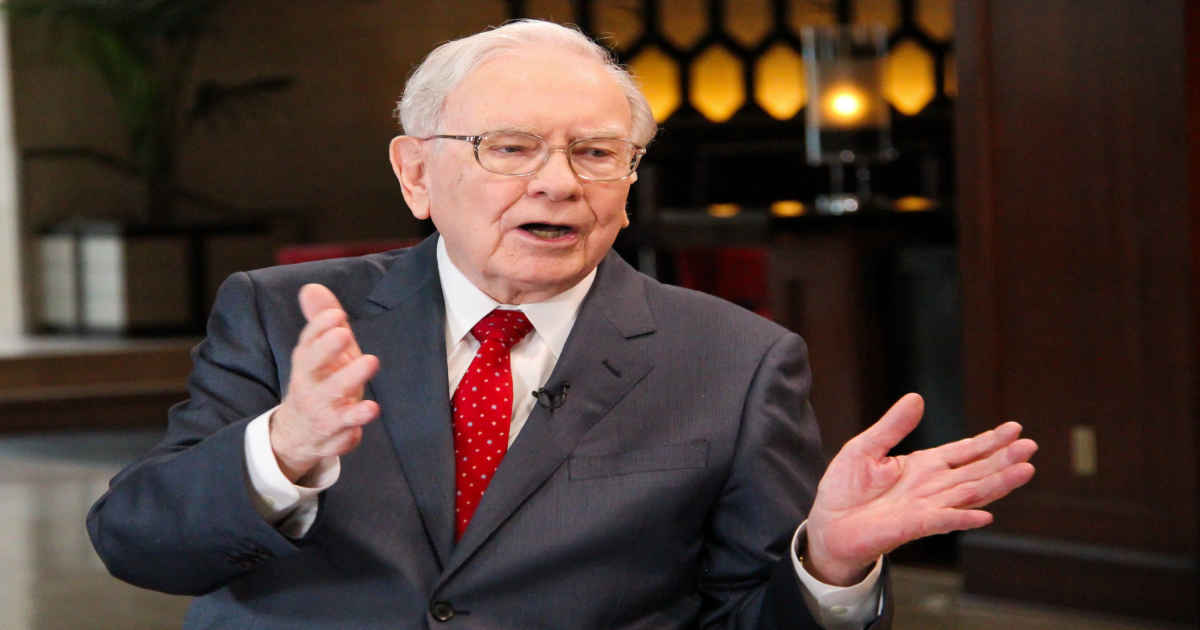United States stocks tanked on April 4, following a sell-off after China retaliated against the U.S.’s newly-announced tariffs. The Dow Jones fell by 2,231 points, or 5.5%, and the S&P 500 dropped 5.97% lower. The tech-heavy Nasdaq Composite fell by 5.82%.
As for the Nasdaq, it ended the session in a bear market for the first time since 2022 and fell more than 20% from its record high in December. The Dow closed in correction, and it has fallen more than 10% from its record high in December.
Heading into the new week, there’s uncertainty about what’s going to happen with stocks and just how low they could go. It’s times like these people turn to financial advisors and experts in the finance world.
Warren Buffett knows a thing or two about what to do in a financial crisis. He, of course, is one of the richest people in the world. As of March 2025, Buffett’s net worth was estimated to be around $155 billion, giving him the title of the sixth-wealthiest person on the planet, according to Forbes.
On Oct. 16, 2008, right when the Great Recession was peaking, Buffett wrote a now-famous op-ed in the New York Times stating, “The market hit bottom in April 1942, well before Allied fortunes turned. Again, in the early 1980s, the time to buy stocks was when inflation raged and the economy was in the tank.”
In the op-ed, he offered up some advice that people have hung onto, especially during times of economic turmoil.
“Bad news is an investor’s best friend,” Buffett said in the advice.
For more context, the full section of that part stated, “In short, bad news is an investor’s best friend. It lets you buy a slice of America’s future at a marked-down price.”
One of Buffet’s other famous quotes and pieces of advice is, “Only buy something that you’d be perfectly happy to hold if the market shut down for 10 years.”
